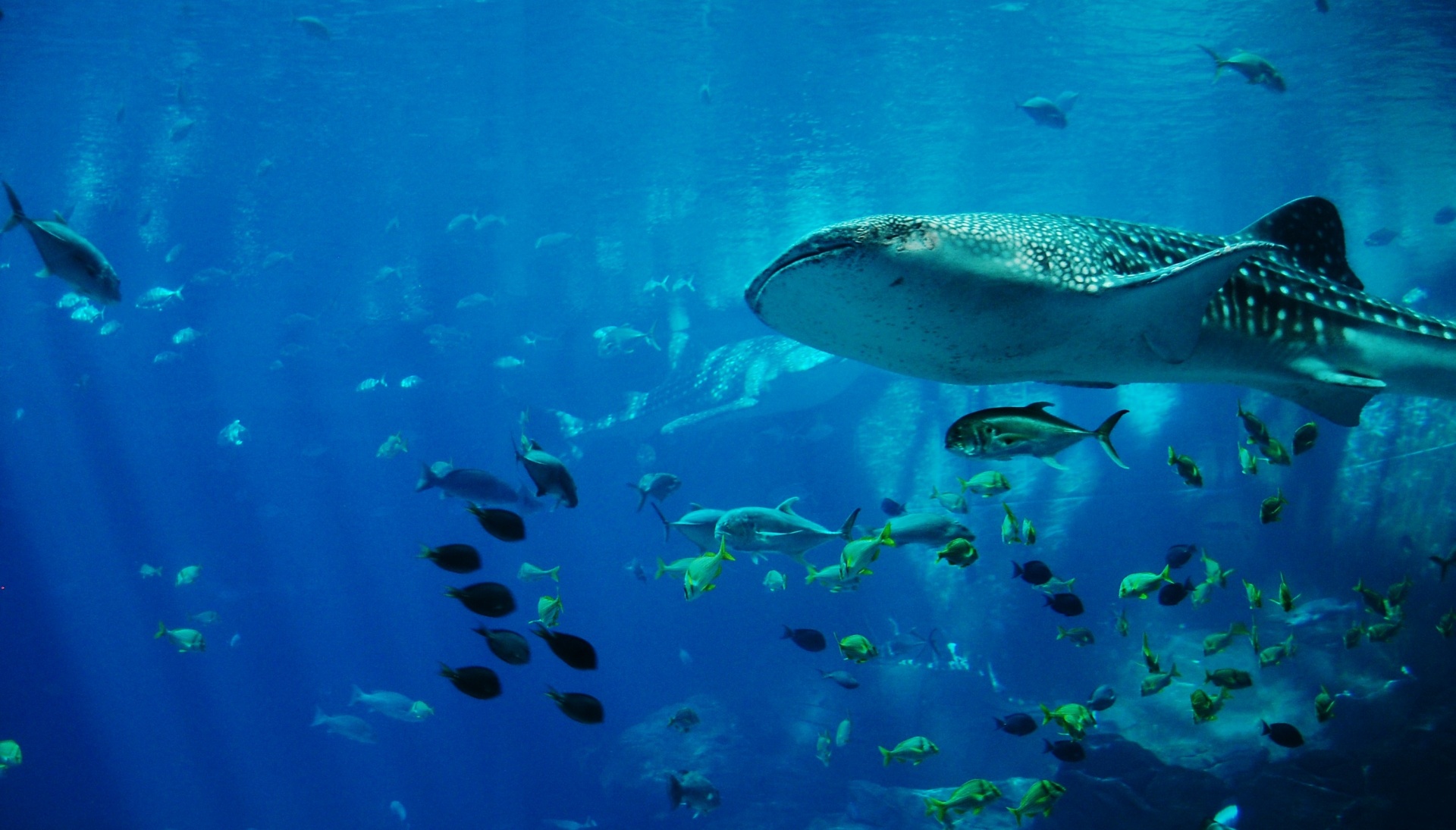News release
From:
Shark ecotourists may have a negative effect on shark behaviour
Shark ecotourism — where individuals pay to swim with wild sharks — may increase the likelihood of whale sharks (Rhincodon typus) exhibiting disturbed behaviour patterns resembling the fast, zigzag movements associated with fleeing predators, suggests a paper published in Scientific Reports. The findings suggest that ecotourism may have a significant effect on the foraging and potentially reproductive behaviour of whale sharks.
Shark ecotourism is a multi-million US dollar industry, but the potential ecological impacts are still poorly understood. Previous studies have demonstrated potential links between shark ecotourism and decreases in the number of shark species encountered at some ecotourism sites, but studies on the effects of ecotourism on shark behaviour have so far been unclear.
Joel Gayford and colleagues analysed 39 overhead videos of whale sharks in the Bay of La Paz, Mexico, to assess whether shark behaviour changed in the presence of a swimmer mimicking ecotourist behaviour (20 videos) compared to the sharks swimming in isolation (19 videos). The authors observed an increase in disturbed behaviour patterns when the swimmer was present, which would result in the sharks expending more energy than when swimming in isolation. This change in behaviour could potentially make it harder for the whale sharks to forage for food, and may even possibly affect reproductive success.
These findings suggest that shark ecotourism operators should be encouraged to assess the behavioural state of individual sharks before allowing swimmers into the water, and that the minimum regulated distance between sharks and tourists should be reviewed. The authors also suggest that further studies on the ecological impact of shark ecotourism should be conducted to properly assess the consequences of the industry on different species.
Multimedia




 International
International



